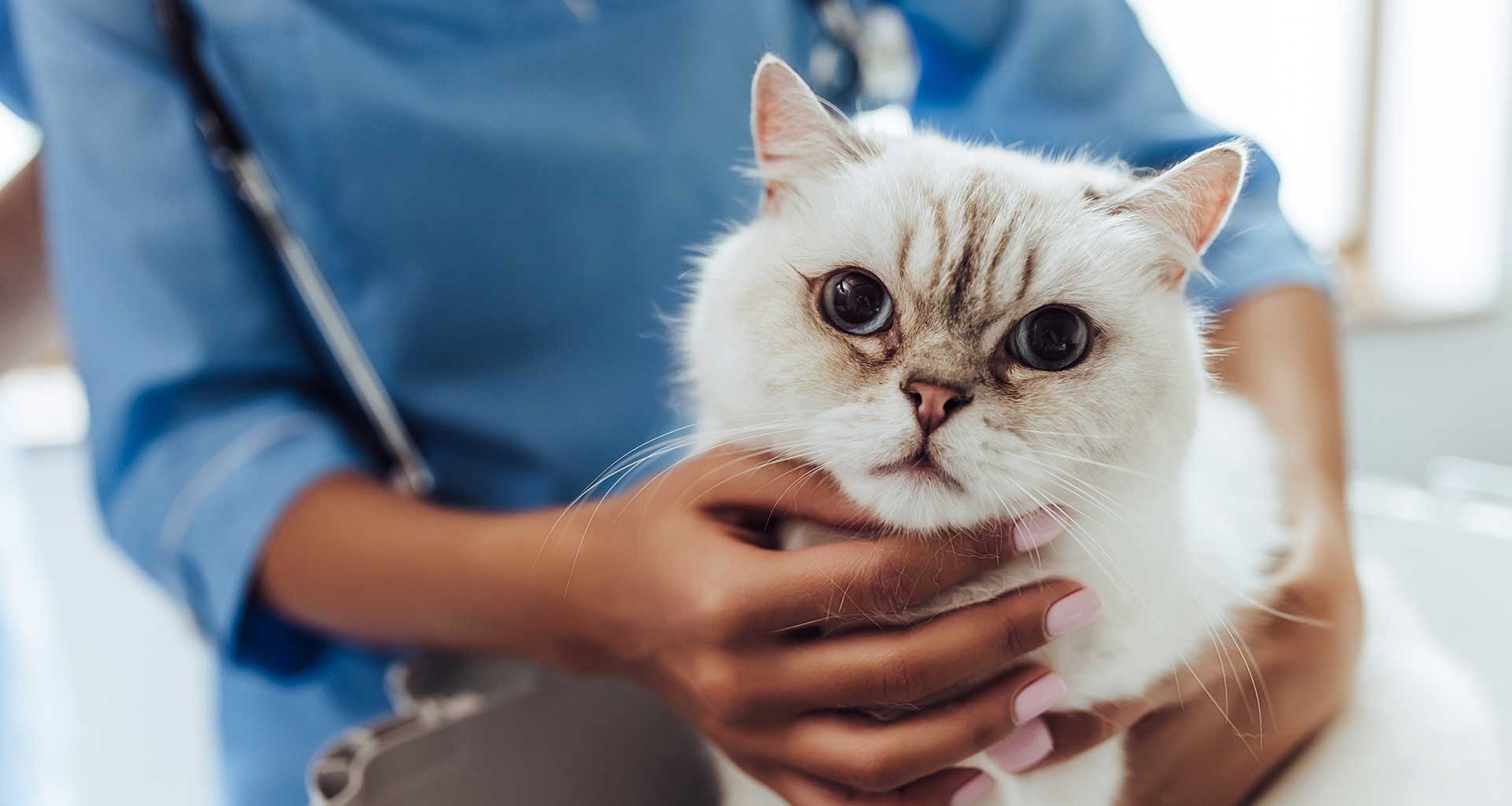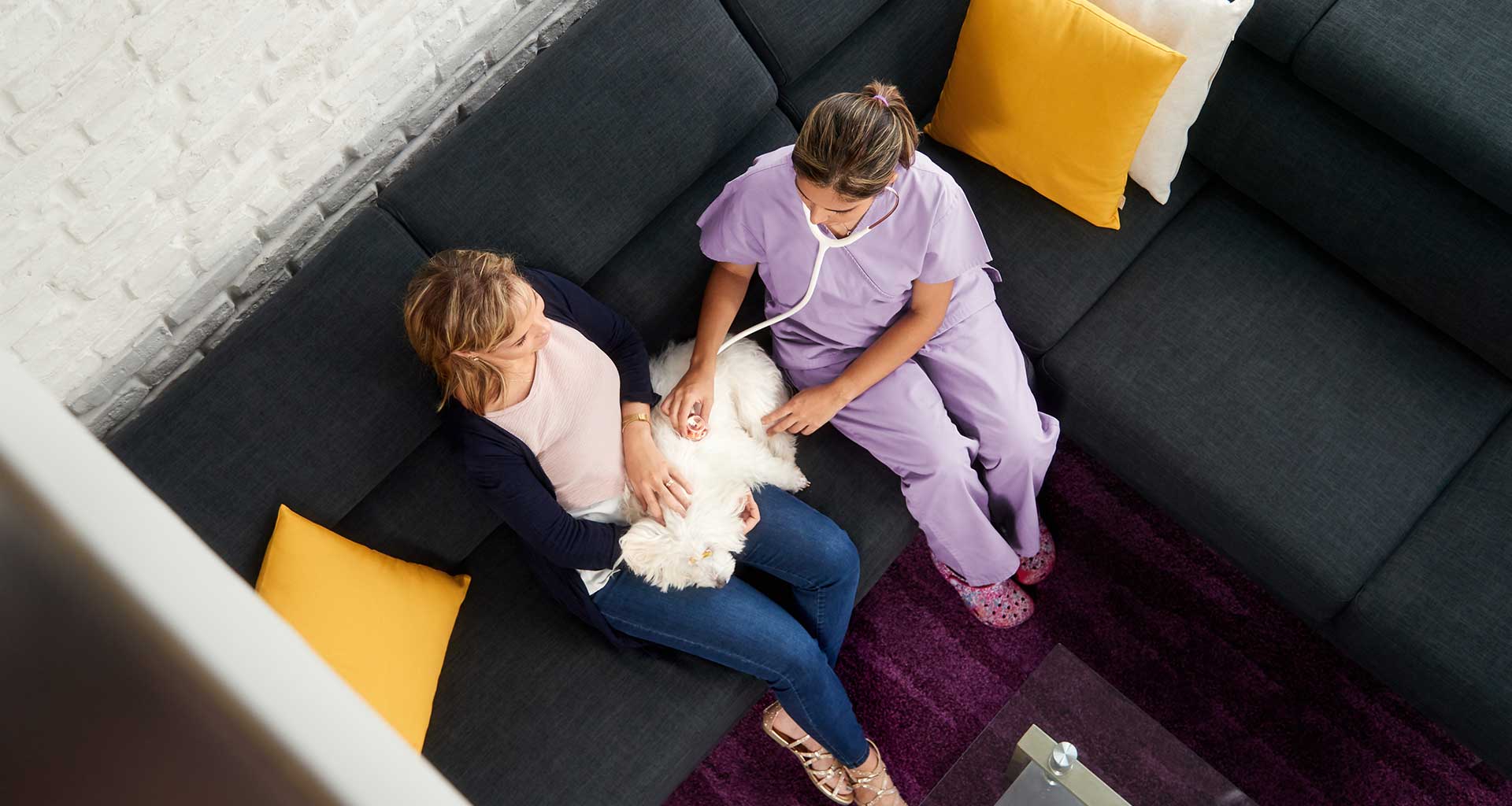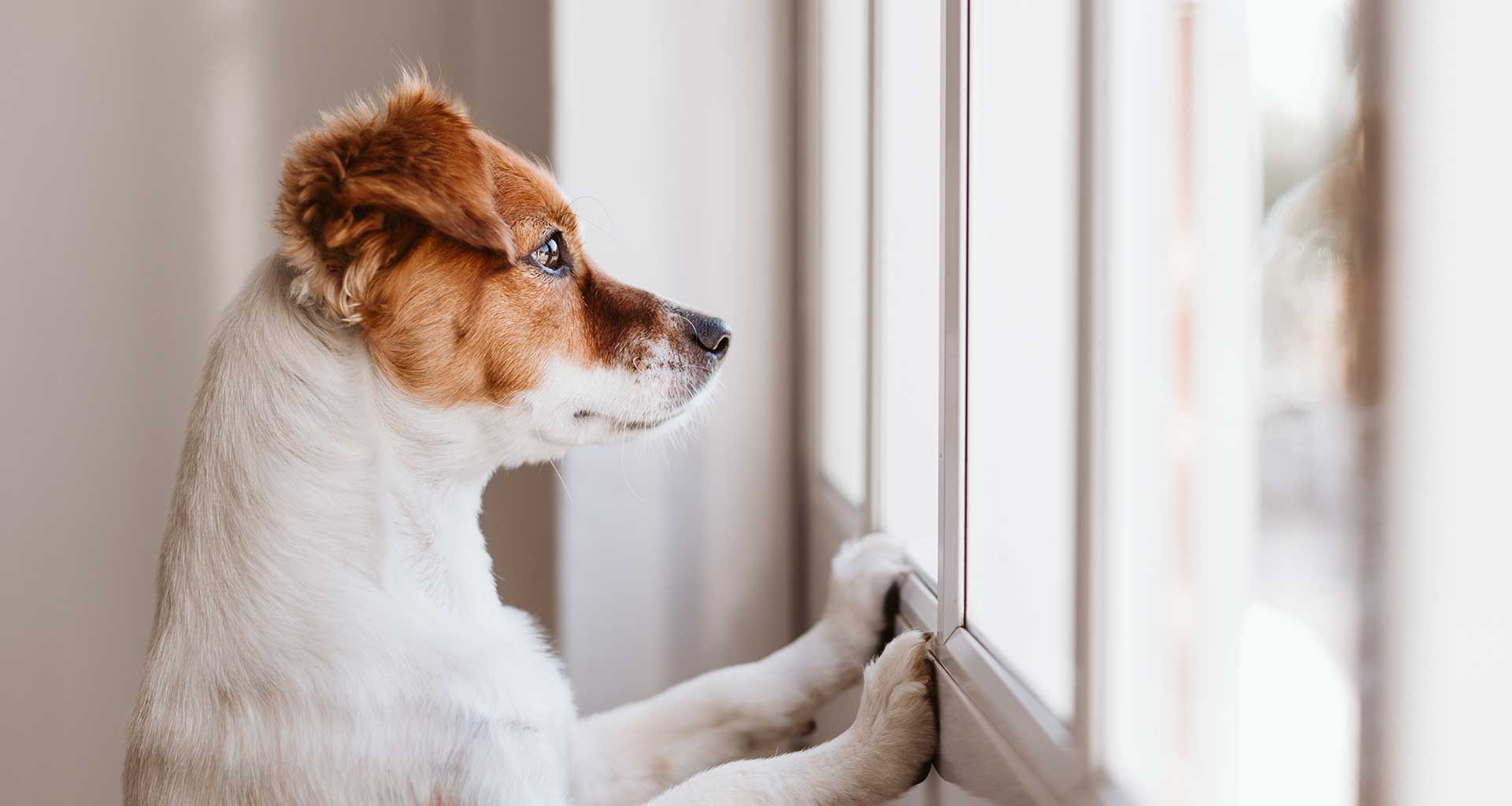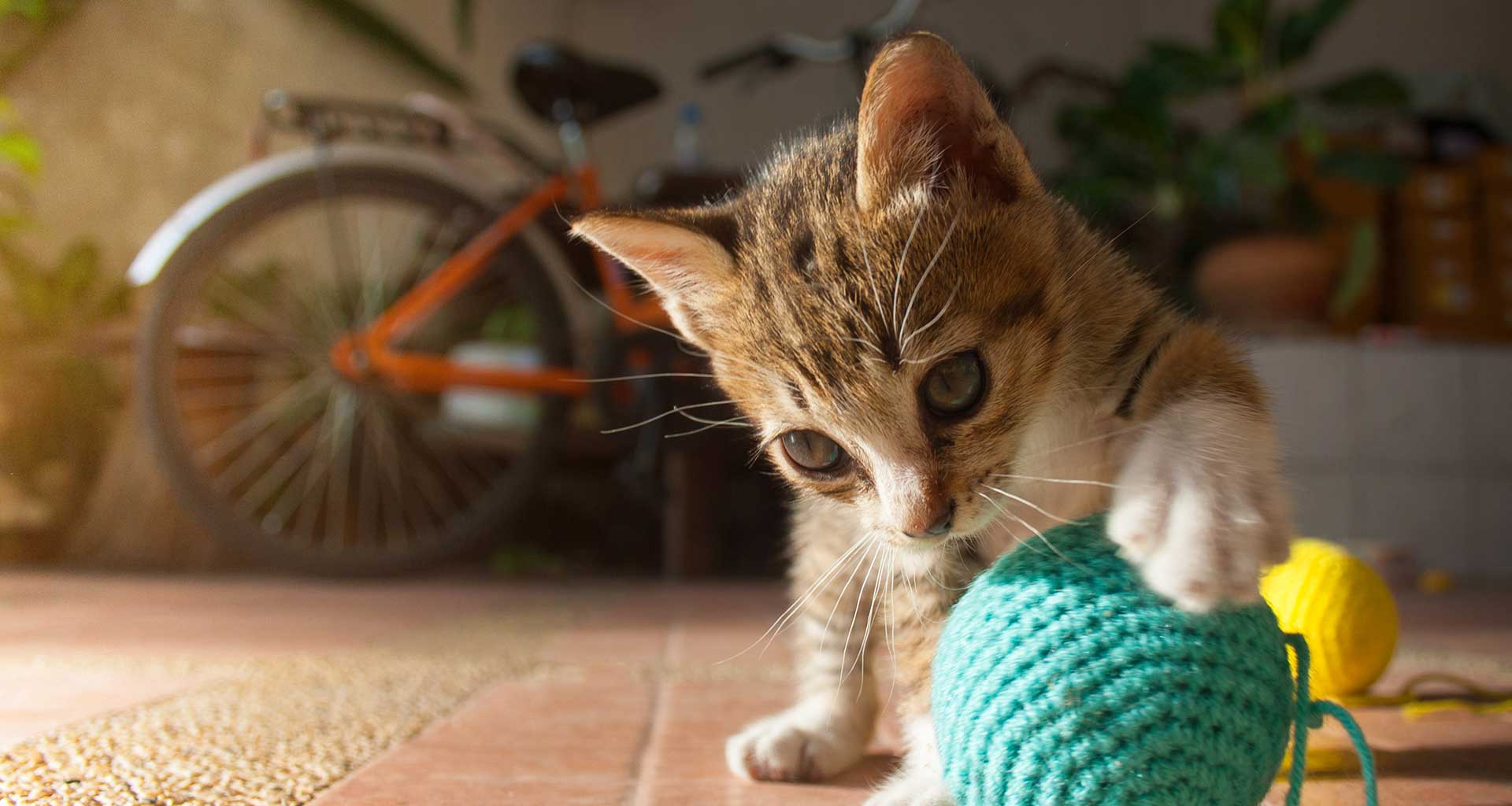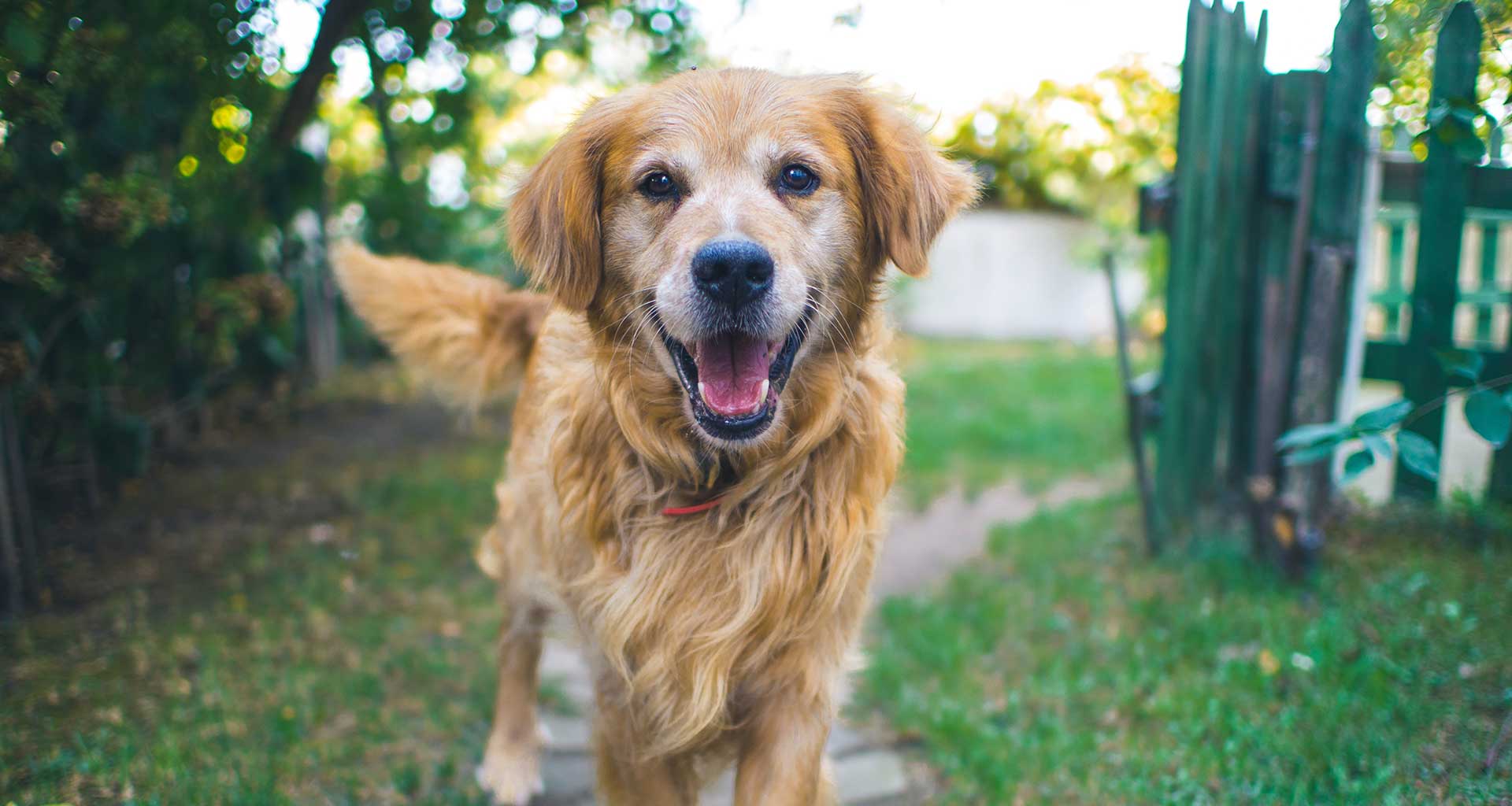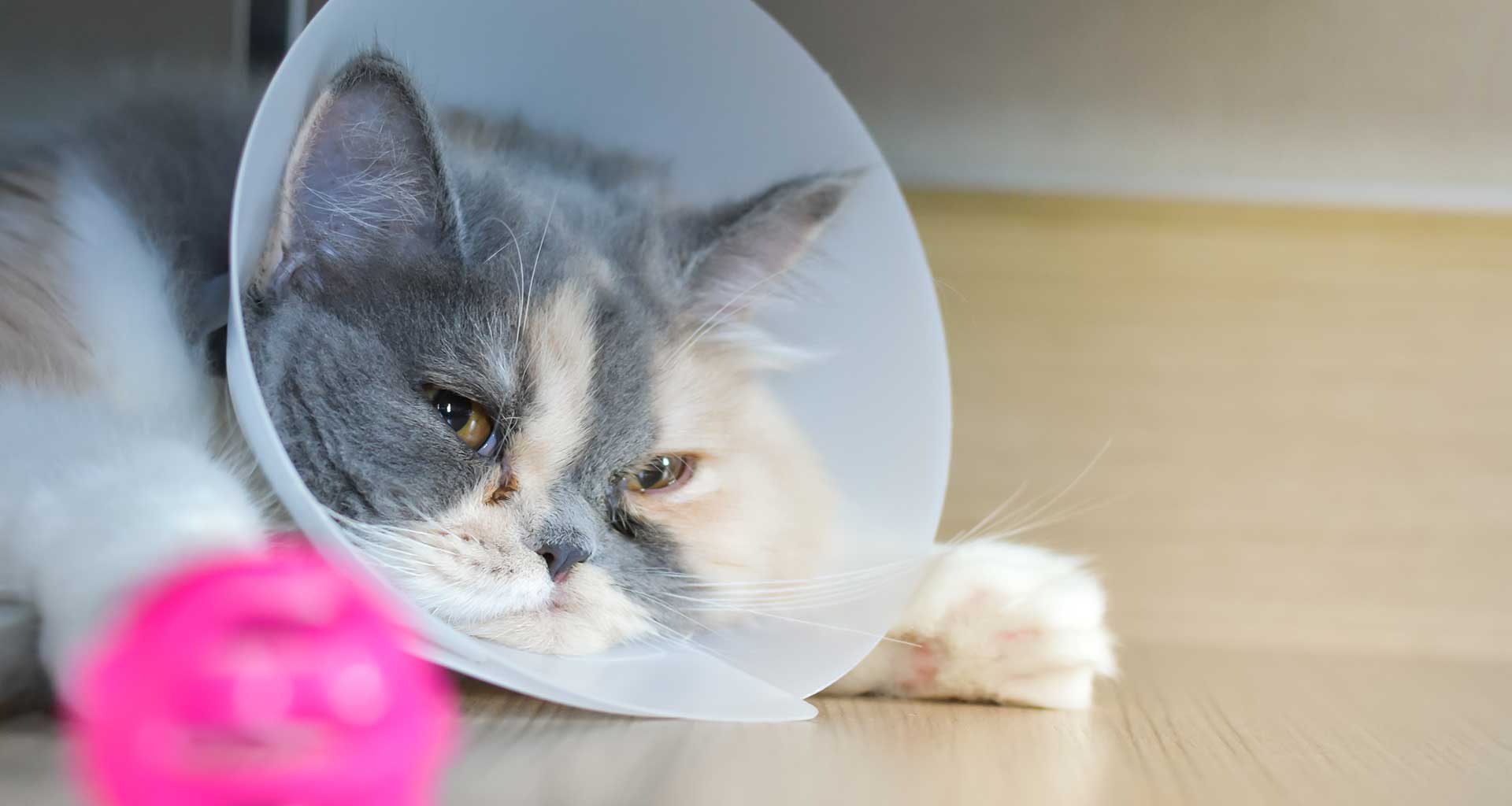Having a pet bird can be a very rewarding experience, however, ensuring that your feathered friend is healthy and happy requires dedicated veterinary care. Birds are a popular pet choice for many families around the world. Owning a bird comes with its own unique set of responsibilities. Just like any other pet, birds require regular vet visits to ensure they stay healthy and happy. It is important to be aware of the specific needs of your feathered friend and know when it is time to take them to see their avian veterinarian.
Bird Health Issues
Birds are popular pets for many people, but keeping them healthy can sometimes be a challenge. As a pet owner, it is important to recognize when your bird needs veterinary help and how to properly care for them in order to keep them healthy.
It is essential to take your bird for regular check-ups with an experienced avian vet in order to detect any health issues early on. Common problems seen in birds include respiratory infections, parasites, fungal infections, nutritional deficiencies, and poor feather quality. All of these can have serious consequences if not treated right away by an experienced veterinarian. An avian vet will also be able to provide advice on the best diet and environmental conditions that will optimise your bird’s health.
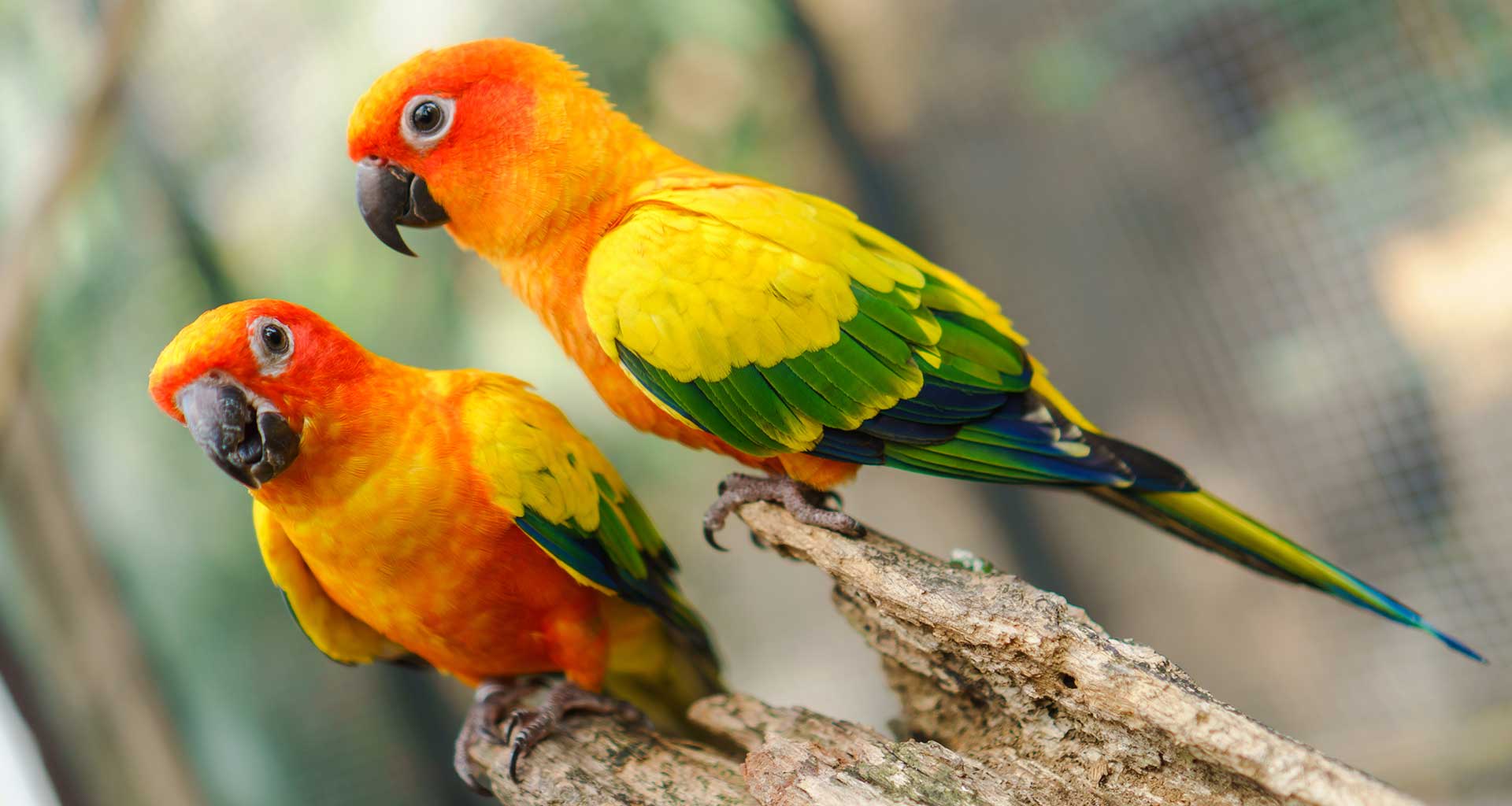
The most common health problems for birds in Australia include parasites such as mites and lice that can cause irritation and infection; avian malaria caused by mosquito bites; environmental toxins like lead poisoning; bacterial diseases like salmonella; and viral infections such as Newcastle disease. In addition, other threats include collisions with windows or power lines; predation from cats or foxes, habitat loss or degradation from urbanisation; illegal trade of native species; inappropriate feeding practices by humans which can disrupt their natural diet; and climate change-related increased competition for food resources.
The causes of these health issues can vary, but they typically fall into one of two categories: stress-related or diet-related. Stress is a major cause of illness among pet birds because the animals tend to be cooped up in small cages or aviaries, with limited space and entertainment options. Poorly balanced diets can also contribute to ill health; providing a nutritional diet rich in protein is essential to keep your bird healthy and happy.
One common cause of pet bird health issues in Australia is poor nutrition. Without a balanced diet that includes whole grains, fruits, vegetables, and high-quality protein sources like nuts and seeds, pet birds may become malnourished over time. Additionally, some birds may require supplements such as vitamins or minerals depending on their species and age.
Diet and Nutrition
To ensure your feathered friend stays healthy and has a long life, you need to provide them with the best diet and nutrition possible. Like humans, birds require a balanced diet that consists of proteins, carbohydrates, fats, vitamins and minerals. Protein sources such as food pellets or seed mixes should form the bulk of your bird’s diet supplemented by fresh veggies like carrots and greens. Your bird also needs different types of fat in their diet including omega-3 fatty acids which can be found in nuts or seeds like flaxseed or chia. Finally, fruits are a great source of natural sugars along with important vitamins and minerals – so make sure you offer these as treats too!
A healthy diet and nutrition plan for pet birds is vital for their good health and longevity. This guide will help you ensure your feathered friend gets the right balance of nutrients to support their physical, mental and emotional wellbeing.
- Offer a variety of fresh fruits, vegetables, seeds, nuts and legumes;
- Provide daily access to clean water;
- Supply age-appropriate bird food mixes;
- Supplement with vitamins formulated specifically for pet birds;
- Avoid feeding high fat snacks such as chips, cookies or candy;
- Monitor closely the number of treats fed to prevent obesity;
- Investigate potential toxins that may be present in household items such as cleaners.
Veterinary Care Requirements
Caring for a pet bird requires knowledge and dedication to ensure the animal’s health and wellbeing.
First, it is important to keep up with routine check-ups, which can help identify potential health problems early on. It is recommended to take your pet bird in for an examination. Regular check-ups with an avian veterinarian should be scheduled every 6-12 months. Even if your pet bird appears healthy, these visits can detect any health issues that may not yet be apparent. During these appointments, routine diagnostics such as blood work and faecal exams can also be performed to ensure optimal health.
Second, make sure that your pet bird has all necessary vaccinations including those against avian flu and Newcastle disease. Vaccinations should be administered by an experienced aviculturist who knows how to properly handle birds safely without risk of harm or stress.
Thirdly, a healthy diet is essential for any pet bird. Seed mixes are usually not enough for birds and instead you should opt for food specifically designed for them such as vegetables, fruits, nuts and pellets. Regular grooming is important for keeping your bird in top condition. This includes nail trimming and bathing opportunities for birds that enjoy water play or misting sessions for those who don’t.
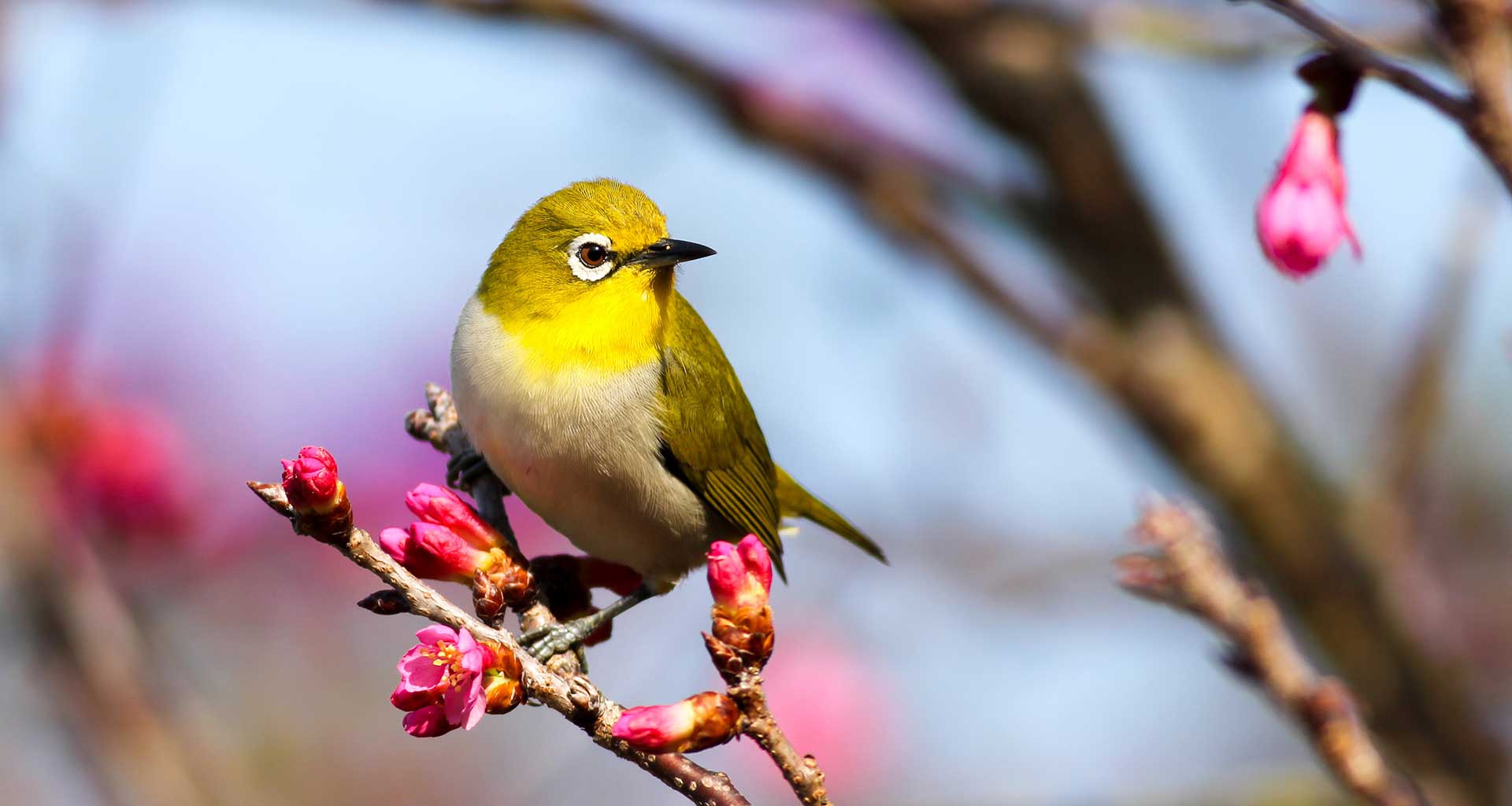
Avoiding Illness and Injury
The first step in keeping your pet bird well is to ensure their enclosure is kept clean and free from debris or sharp objects that could cause harm. Additionally, you should provide plenty of toys for them to interact with and help prevent boredom which can lead to feather plucking or other unhealthy behaviours. Finally, make sure you are providing them with the appropriate diet based on their species; this will give them all the nutrients necessary to maintain good health.
Exposure to bacteria and viruses is the leading cause of illness in birds and can spread quickly among multiple birds kept together. To avoid this, keep cages clean with regular disinfection; separate sick birds from healthy ones; always wash hands before handling any bird; don’t use household cleaners around your bird; and consider having an avian vet vaccinate your pet against certain diseases like Psittacosis or Avian Influenza.
Taking care of pet birds can be a rewarding experience if done properly. There are many things to consider when taking on the responsibility of caring for a bird, from housing to diet and exercise. It is important to research the specific needs of your type of bird in order to provide them with the best care possible. It is also essential to take your bird to the vet on a regular basis in order to ensure they maintain their health and longevity.
